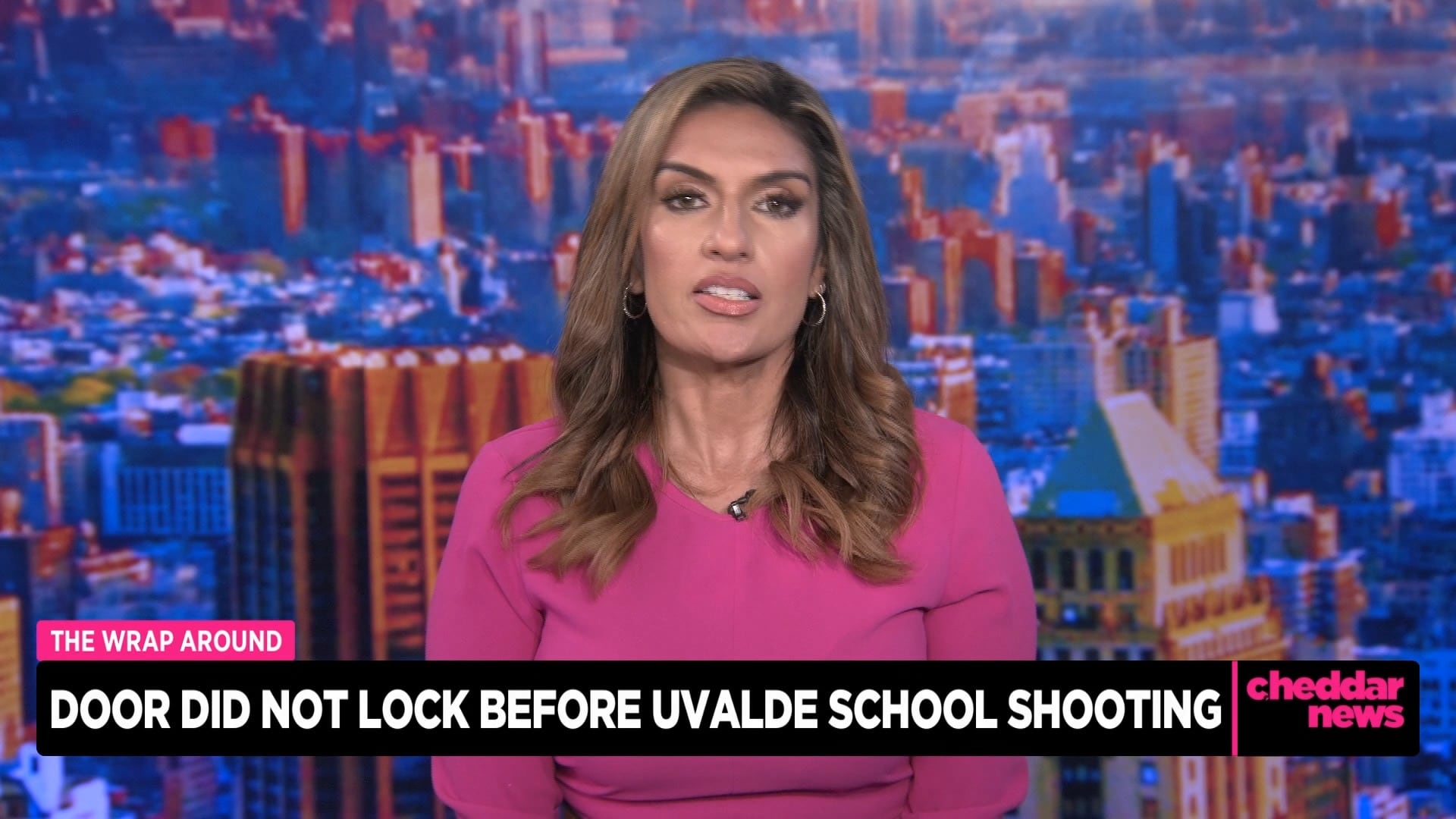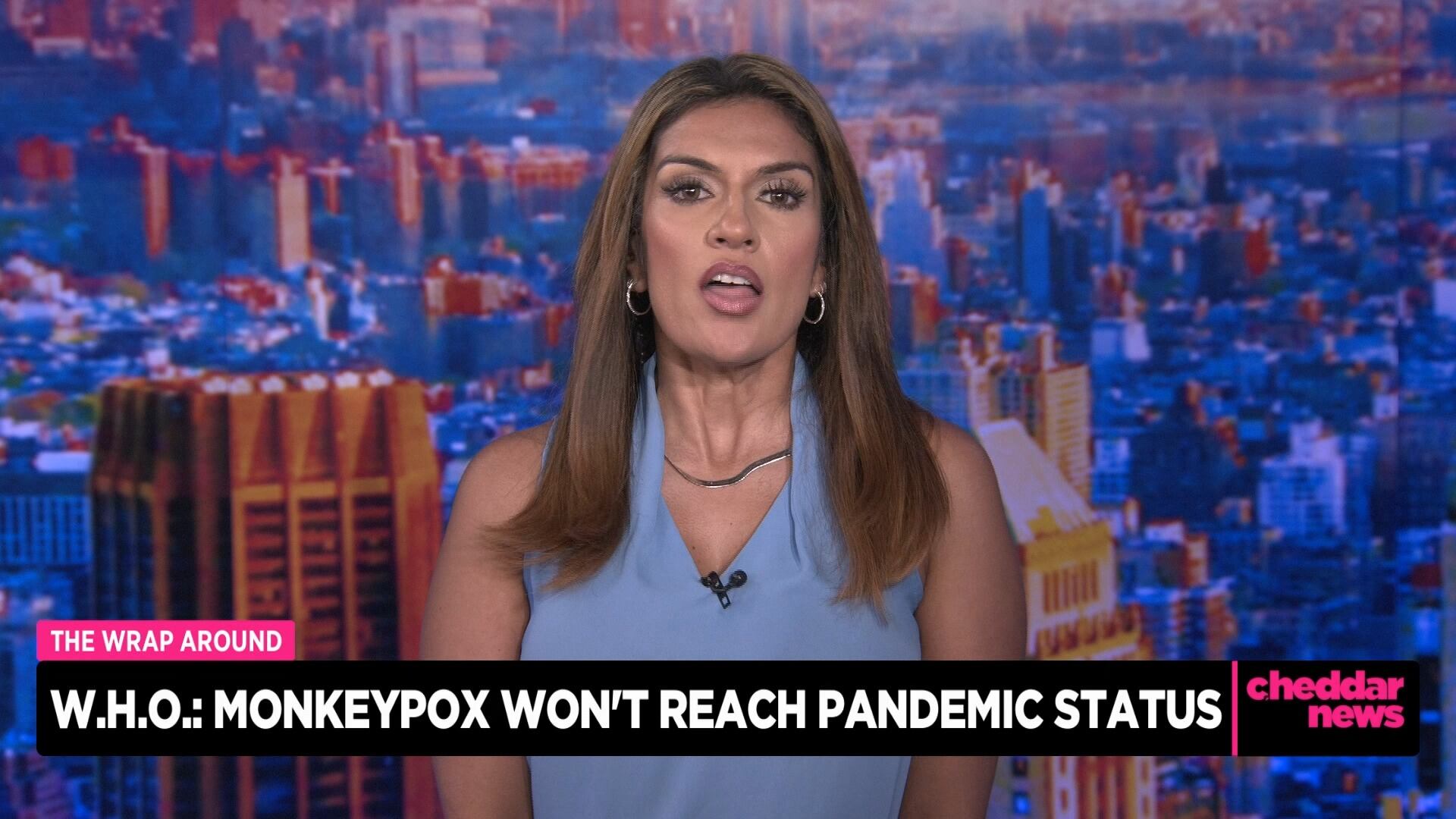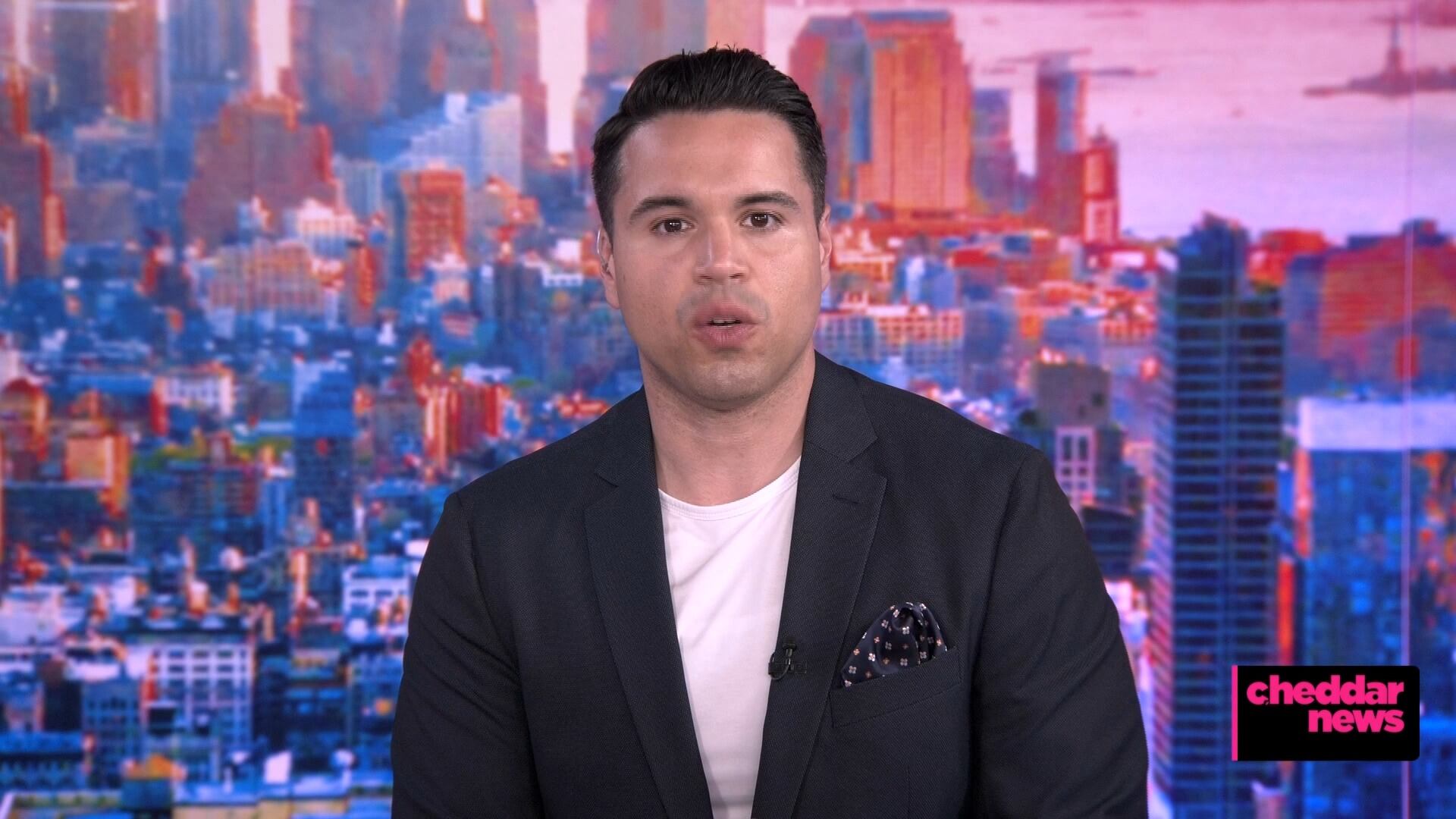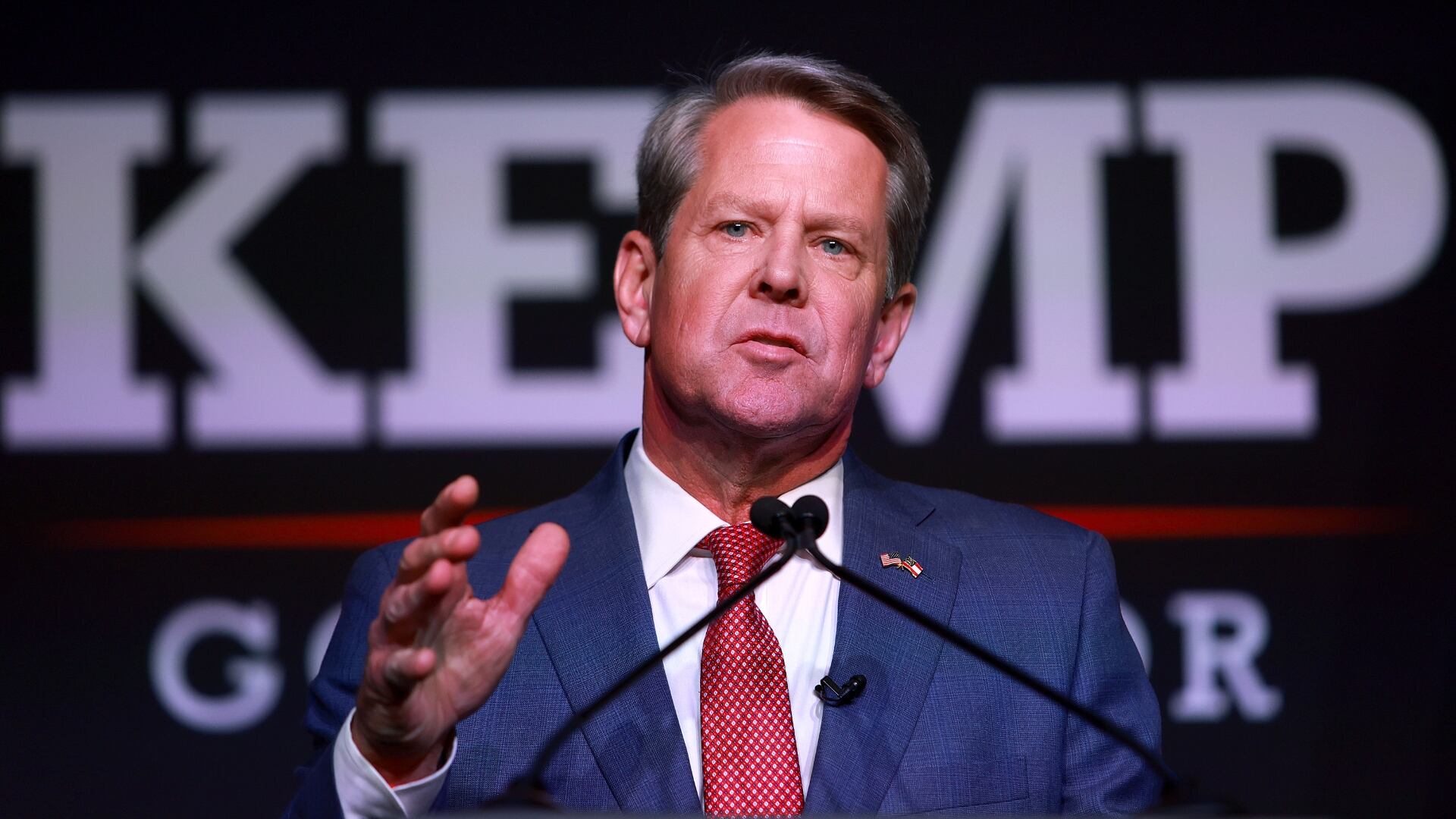By Steve Peoples, Jill Colvin, and Darlene Superville
President Donald Trump turned a surprise opening-day appearance at his party’s scaled-down national convention into an opportunity to question the integrity of the fall election, even as his aides promised a diverse and uplifting message once the evening program shifted back to Washington, D.C. for prime time.
Trump, who was not scheduled to deliver his keynote convention address until later in the week, nevertheless made multiple public appearances throughout the first day of the four-day convention. And while the evening programming was carefully scripted, Trump was not.
“The only way they can take this election away from us is if this is a rigged election,” Trump told hundreds of Republican delegates gathered in North Carolina, raising anew his unsupported concerns about Americans’ expected reliance on mail voting during the pandemic. Experts say mail voting has proven remarkably secure.
The GOP convention marks a crucial moment for Trump, a first-term Republican president tasked with reshaping a campaign he is losing by all accounts, at least for now.
A deep sense of pessimism has settled over the electorate 10 weeks before Election Day. Just 23% of Americans think the country is heading in the right direction, according to a new poll from The Associated Press-NORC Center for Public Affairs Research.
The evening program highlighted the inherent tension within Trump's Republican Party. His harsh attacks against Democrats who are trying to expand mail voting and demonstrators protesting deaths in police custody, for example, often delight his die-hard loyalists. Yet convention organizers are also featuring a diverse lineup with a more inclusive message designed to expand Trump's political coalition beyond his white, working-class base.
Two of the three coveted final speaking slots Monday night went to people of color who have been openly critical of Trump in the past, South Carolina Sen. Tim Scott and Nikki Haley, the former U.S. ambassador to the United Nations. In between, the schedule called for Donald Trump Jr., the president's eldest son and one of the GOP's most aggressive political attackers.
Like the Democrats the week before, the program also included a collection of average Americans: a public school teacher from California, a small business owner from Montana, and a nurse practitioner from Virginia. One of several African Americans on the schedule, Georgia state Rep. Vernon Jones, was expected to explain why he split from fellow Democrats and announced his support for Trump this year.
Some of the planned remarks for the evening program were prerecorded, while others were to be delivered live from a Washington auditorium.
The fact that the Republicans gathered at all stood in contrast to the Democrats, who held an all-virtual convention last week. The Democratic programming included a well-received roll call video montage featuring diverse officials from across the nation. The Republicans spoke from the ballroom in Charlotte and were overwhelmingly white.
Trump said he had made the trip to North Carolina to contrast himself with his Democratic rival, Joe Biden, who never traveled to Wisconsin, the state where the Democratic convention was originally supposed to be held.
The president has sought to minimize the toll of the coronavirus pandemic and he barely addressed it on Monday, but its impact was plainly evident at the Charlotte Convention Center, where just 336 delegates gathered instead of the thousands once expected to converge on this city for a week-long extravaganza. Attendees sat at well-spaced tables at first and masks were mandatory, though many were seen flouting the regulation.
Trump also panned the state's Democratic governor for restrictions put in place to try to prevent the spread of the virus, which has killed more than 175,000 people in the country and infected millions. The president accused Gov. Roy Cooper of “being in a total shutdown mode," and claimed the restrictions were aimed at trying to hurt his campaign.
Republicans will spend the week trying to convince the American people that the president deserves a second term. Aides want the convention to recast the story of Trump's presidency and present the election as a choice between his vision for America’s future and the one presented by Biden.
“Over the next four days, President Trump and Republicans are going to talk about all we have achieved the past four years and cast an aspirational, forward-looking vision about what we can achieve in the next four,” said GOP Chair Ronna McDaniel.
For both sides, it's an unconventional convention year.
The parties' election year gatherings are typically massive events, drawing thousands of delegates, party leaders, donors, journalists, and political junkies for a week of speeches, parties, and after-parties that inject hundreds of thousands of dollars into the local economy and deliver a multiday infomercial for the nominee.
Besides formally awarding Trump the Republican nomination, delegates gathered in North Carolina also approved a handful of new resolutions, including one to keep Columbus Day as a federal holiday and one that labels the Southern Poverty Law Center, which catalogs the country’s hate groups, as a “radical organization.” Another bemoans “cancel culture,” warning that it “has grown into erasing of history, encouraging lawlessness, muting citizens and violating free exchange of ideas, thoughts, and speech.”
But the delegates did not vote on a new 2020 platform, which details the party's positions on key issues, after a unanimous vote to forgo one this year.
Democrats were content to let Trump’s unfiltered message drive the day.
While he campaigned aggressively across the country throughout last week’s Democratic convention, Biden made no public appearance on Monday.
___
Peoples reported from New York. Associated Press writer Zeke Miller in Washington contributed to this report.













